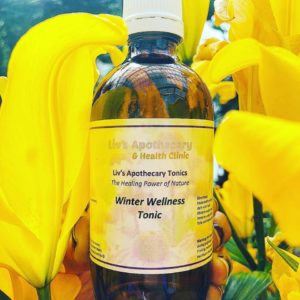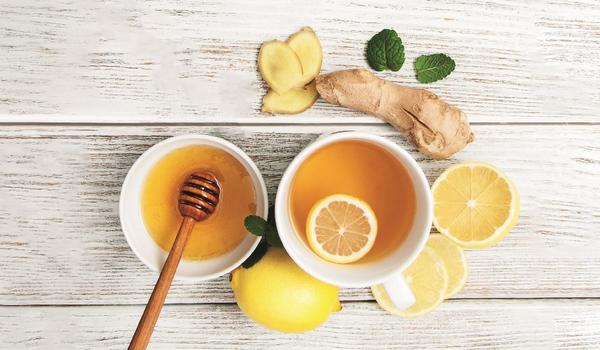Honey-Glazed Carrots Anyone?
Manuka honey is native to NZ and Australia. However, Kiwis claim that real Manuka only comes from NZ!
It provides antibacterial properties both internally and externally. These properties are greater in Manuka honey in comparison to other types of honey. Raw/unpasteurised is advantageous as it contains live enzymes that would otherwise be destroyed by heat during pasteurisation. Manuka honey costs more than ordinary honey because it is unique to NZ (and possibly Australia but there really is no competition!) and has superior therapeutic qualities.
The unique Manuka factor (UMF) guarantees that the quality of Manuka honey is true to what the label claims. These honeys get audited and certified. A higher number represents a greater concentration of beneficial compounds. A higher UMF honey tends to be darker in colour and has a more distinctive taste.
UMF 5-9 = low grade. UMF 10-15 = medium grade. UMF 16+ = high grade.
It is believed that 1-2 tablespoons daily is needed to reap the benefits. One tablespoon of honey contains 16g of sugar and 64 calories. However, the benefits outweigh the costs. As long as you aren’t over-eating sugar or calories in other forms. You may want to limit your honey intake if you are diabetic. Seek advice from your healthcare practitioner.
Add a teaspoon of Manuka honey to your lemon and honey or ginger drink every morning. Manuka honey can also be spread on toast, in porridge, stirred into tea, added to smoothies, drizzled on yoghurt or banana, used to sweeten salad dressings, or used in cooking.
UMF 10+ is a medicinal grade and is effective as an antibacterial for the skin. Manuka honey can be used externally for cuts, scrapes or infections. It may also reduce inflammation and irritation associated with acne. Leave it on for at least 15 minutes, preferably an hour.
Eating local honey helps to reduce the incidence of environmental allergens (i.e. hay fever) as it protects you against the pollens in your area. Local honey helps your body to adjust to the pollen in your area. If you develop allergies in a new area, try the local honey.
If you can’t get your hands on Manuka honey, ordinary honey still has some of the same benefits. It has a milder flavour and colour, meaning less nutrients. Although, it still contains antioxidants (polyphenols) and is more nutritious than sugar.
#healthytakeaways
On your next mission to the supermarket/health store, buy Manuka honey instead of ordinary honey.
*Extract from my book MY NUTRITION MENTOR by Liv Kennedy

Check out my blog Winter Wellness Wisdom and Winter Wellness Tonic

Your Nutrition Mentor,




